Kenya: Kakuma Refugee Camp receives instrument grants
The Kakuma Sound project at Kakuma Refugee Camp in Turkana, Kenya, has received grants totalling €18 000 (about $21 000) for the purchase of traditional music instruments.
 A rapper auditions for a talent show at Kakuma Refugee Camp. Photo: Ruairi Casey
A rapper auditions for a talent show at Kakuma Refugee Camp. Photo: Ruairi Casey
The grants are from the Guggenheim Fellowship (US), Roskilde Foundation (Denmark) and Africa Express Foundation (UK). The project’s goal is to reconnect refugees from Burundi, Sudan, South Sudan, Uganda, Somalia, Ethiopia and the DRC with their traditional instruments, to enable them to make music and earn a living as performers.
The first batch of instruments – comprising traditional drums including the djembe, conga and sukuti – have already been dispatched to the camp. Plans are now under way to create permanent rehearsal and performance spaces across the camp’s complex, which houses about 200 000 residents in five separate locations that stretch more than 30km – making it the second-largest refugee camp in Africa after Dadaab in Kenya.
“We’ve also ordered and are waiting for costumes for the traditional dancers and musicians to wear along with other percussion instruments, including shakers and leg rattles,” Kakuma Sound project co-founder Mark LeVine told Music In Africa. “Given that so many people in Kakuma have never even seen their homelands, or at least not since they were young, this is an essential task.”
“Ultimately the goal is to provide a proof of concept about the importance of these instruments and the fact that for a very relatively small budget, we can help communities maintain resilience and autonomy and independence so that the UNHCR [United Nations High Commissioner for Refugees] and UNESCO might support similar endeavours across the global refugee and camp communities.”
LeVine, who is a professor of history at the University of California, says that while the COVID-19 pandemic continues to make travel in and out of the camp difficult, the project's local coordinators are laying the foundations for a fully fledged operation that will feature masterclasses and monthly jam sessions.
“Hopefully this will encourage co-creation resulting into a new hybrid set of music styles that would be appealing to artists and producers across the global spectrum so that artists across Kenya and beyond begin wanting to come work with them,” he said.
Kakuma Refugee Camp is known for its high concentration of musical talent. Celebrated musicians from the camp include South Sudan’s Emmanuel Jaal and Nyaruach. The two artists were nominated for a 2019 Juno Award in Canada in the World Music Album of the Year category for their joint 2018 offering Naath (Humans).
LeVine says the Kakuma Sound initiative is also committed to fighting gender stereotyping. “We have ensured that the traditional groups have many women participating not just as dancers and singers but also playing instruments. We are encouraging that as much as possible, but there's no need to push anyone, and these women have enough social power to ensure they get a fair share of whatever resources come from this,” he said.
Support the Kakuma Sound project here.














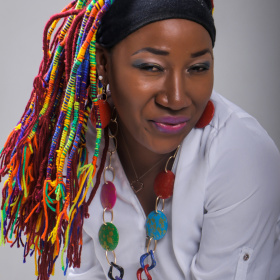
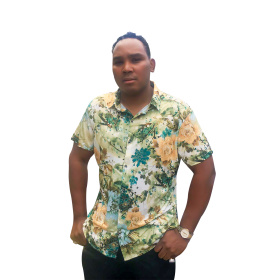


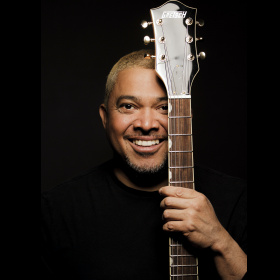
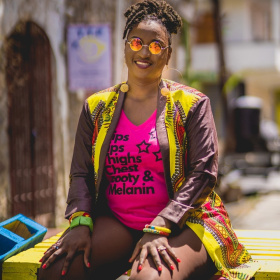
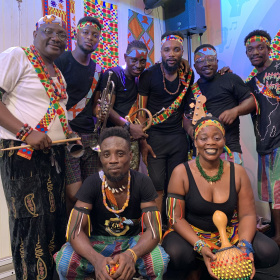









Comments
Log in or register to post comments